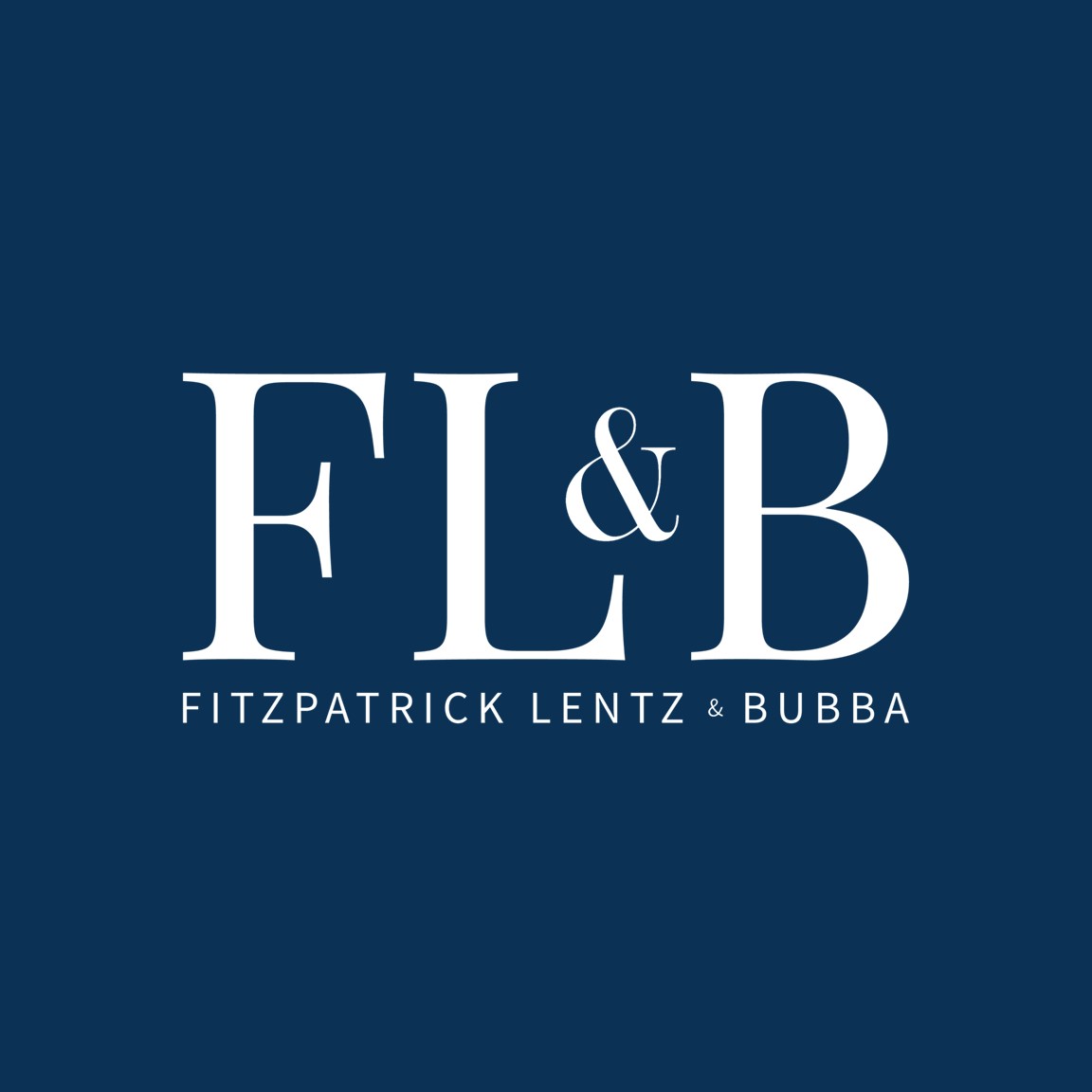Under the Bankruptcy Code, professionals such as attorneys and accountants who render services to the bankruptcy estate must seek court approval of their fees as a prerequisite to payment. In complex Chapter 11 cases, particularly, the fees can be substantial and litigation surrounding the propriety of the fees sought can be protracted and complex, including trial followed by appeals to district and circuit courts, and sometimes up to the Supreme Court.
The issue of whether an applicant for compensation for services is entitled to the underlying fees and also the cost of defending a fee application against objections was recently decided by the Supreme Court. In Baker Botts, LLP v. Asarco, LLC, the United States Supreme Court put rest any question as to whether “fees on fees” are recoverable in bankruptcy.
In the Asarco bankruptcy case, two law firms successfully represented the debtor in its reorganization. Ultimately, the bankruptcy court awarded the firms approximately $120 million for their work in the bankruptcy cases, plus a $4.1 million enhancement for exceptional performance. The court also awarded the firms over $5 million for fees incurred in defending their applications for compensation, which included extensive discovery and a 6-day trial on fees. Asarco appealed the fee award, including a challenge to the fees related to the defense of the fee applications. The Fifth Circuit Court of Appeals reversed, and the case found its way to the Supreme Court.
The Supreme Court held that fees incurred in the defense of an application for compensation are not recoverable under the Bankruptcy Code provisions relating to court approval of professional compensation. Instead, the Court ruled that the “American Rule,” which dictates that each party pays its own fees, win or lose, unless a statute or contract provides otherwise, governed the situation. In the case of the Bankruptcy Code, the Court concluded that Congress did not explicitly depart from the American Rule, and that the provision for “reasonable compensation for actual and necessary services” does not encompass defending objections to fee applications, which primarily benefit the applicant but not the bankruptcy administration.
The Bankruptcy Code does not contain a “prevailing party” or “successful litigant” provision of the kind often found in fee-shifting statutes. Even if it did, the Court reasoned that allowing fees regardless of whether the applicant was successful or not would put an unnatural reading on the term “service rendered,” and thus such a statutory exception to the American Rule was found not to exist.
Several dissenting Justices would have ruled that fee defense is included within the underlying services in a bankruptcy proceeding. That view, however, was rejected by the majority as inconsistent with the relevant statutory text and premised upon a flawed policy argument.
As a result of the decision in Baker Botts, it is now established that fees incurred in defending objections to fees are not recoverable as reasonable compensation for actual and necessary services. The Court’s decision may serve to reduce such litigation, but it will certainly factor into the decision of whether and how hard to fight objections.

